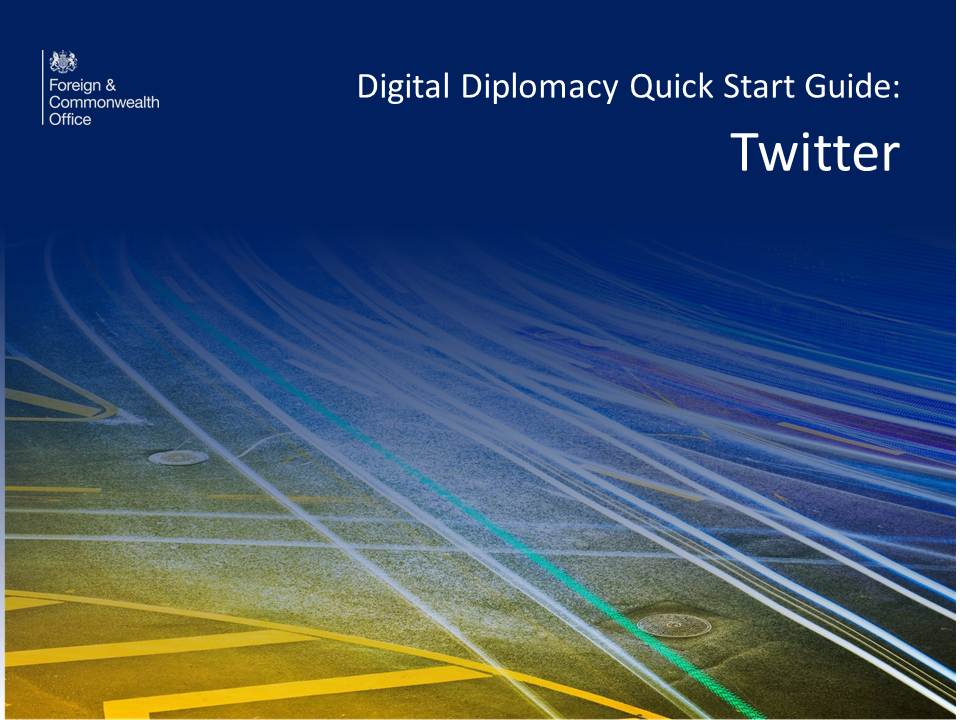16th April 2014 London, UK
Using digital to make great foreign policy: challenges and opportunities

Like most government departments, the FCO has been making policy for centuries. But just as the content of foreign policy has changed, so has the way we approach it, and the tools we can use. Last week, the FCO’s Policy Unit ran a Policy Excellence Fair, with teams ranging from ministerial offices to Economics Unit available to share ideas with policy-making colleagues on how they can help the FCO make the best foreign policy in the world.
The FCO’s Digital Transformation Unit wanted to be at the heart of this. Digital tools, and access to social media, can have a transformational effect on policy-making, allowing officials in Whitehall to better understand the countries we work with, monitor and predict events around the world, identify and engage with influential actors, implement policy in new ways, and seek public opinions on our work.Digital tools can be hugely empowering for policy-makers, allowing those with the most specialist interests to link into like-minded online communities.
In a way, this seems obvious: good diplomacy and good use of social media require many of the same skills, such as an ability to understand others and communicate with them effectively. FCO communications staff already use digital tools in innovative ways, such as the “thunderclap” campaign on ending sexual violence in conflict which reached [2.4] million people.
Our Posts around the world use social media to communicate and engage in local languages every day. And our colleagues who deliver services to travelling British nationals are working hard to provide more of these services digitally. But using digital tools throughout the process of developing, implementing and evaluating our policy is still a work in progress, with some great examples of success, but more to do before we achieve the vision set out in the FCO Digital Strategy.
So what’s the challenge? The FCO isn’t full of technophobes. Most of our colleagues who visited our stall at the Policy Fair use social media regularly to keep up with friends or follow areas of personal interest. But when they walk into the office, not all our staff have the same reflex to log in. It’s part of the job of the Digital Transformation Unit to address the practical concerns of staff, build their confidence and capability, and help them understand the potential that digital policy-making can offer.
There are some great examples from other government departments, and other foreign ministries, on how this can be made to work. We already think the FCO has lots to be proud of here (see our case studies page for some examples). But we’re busy designing new training, guidance and support for policy-makers at all levels so that use of digital becomes a default option where it can add value. We’re looking forward to it!